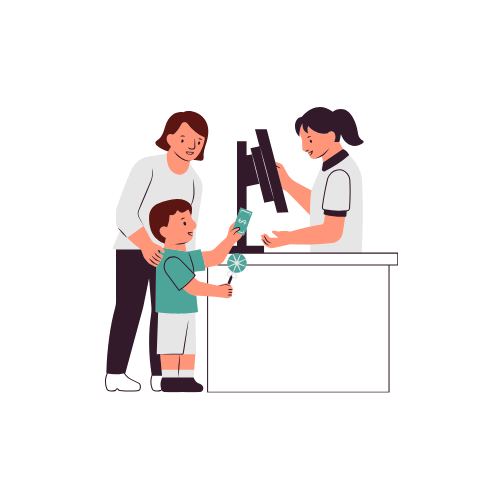💰 Ages 8–12: Smart Spenders
💡 Earning Pocket Money? Let’s Talk About It!
At ages 8 to 12, kids are becoming more independent, more curious, and a whole lot smarter about the world around them—including money.
This is the perfect time to introduce the idea of earning pocket money and learning how to use it wisely.
Whether it’s for saving up for a new video game, buying a birthday gift for a friend, or donating to a cause they care about, pocket money is more than just coins and notes—it’s a chance to learn real-life money skills that can last a lifetime.


💰 What Is Pocket Money?
Pocket money is a small amount of money given regularly by parents or carers.
It might be given once a week or once a month, and it can be earned in different ways—like completing chores, helping around the house, or achieving personal goals.
Some kids might get a set amount just for managing well at school, while others might be encouraged to “earn” their pocket money by
putting in effort and responsibility—just like adults do when they go to work.
🧹 Ways Kids Can Earn Pocket Money
Here are a few age-appropriate ideas to get kids thinking about how to earn their own money:
- Doing household chores like taking out the bins, feeding pets, or setting the dinner table.
- Helping in the garden—watering plants, pulling weeds, or raking leaves.
- Organising their room or play space.
- Helping younger siblings with reading or packing their school bag.
- Running small errands like bringing in the mail or collecting groceries with a parent.
💡 Tip for Parents: Attach small rewards to tasks to teach kids the value of work.
Use a star chart or a checklist so they can track their efforts and feel a sense of achievement.
🏦 The Three-Part Rule: Spend, Save, Share
Once they’ve earned their money, kids need to decide what to do with it. This is where you can introduce the simple but powerful three-part money plan:
- Spend – Choose something they’d like to buy now (like a treat or toy).
- Save – Put some money away for something bigger later (like a bike or concert tickets).
- Share – Give a small part to charity, a fundraiser, or someone in need.
This helps children
develop balance and generosity, while learning the importance of
delayed gratification
and managing priorities.
📱 Track Their Earnings with a Kids' Budget Journal
Encourage your child to keep a mini money journal.
They can record:
- How much they earned and how
- What they spent their money on
- What they’re saving for
- How much they’ve donated or shared
This is a fantastic way to build early budgeting habits and
boost numeracy skills.
👨👩👧 Pocket Money Tips for Parents and Carers
- Be consistent – Try to give pocket money on a regular schedule.
- Set clear expectations – Talk about what chores or behaviour earn money and what doesn’t.
- Avoid paying for everything – Let kids make small spending decisions (and even mistakes) so they learn naturally.
- Encourage goals – Help them choose savings goals and celebrate when they reach them.
- Use age-appropriate language – Keep things simple and relatable for their understanding.

🧠 What They’re Learning
(Even If They Don’t Realise It!)
By earning pocket money, kids are learning:
- The value of effort – Money doesn’t just appear.
- Choices have consequences – Spend now or save for later?
- Planning ahead – Bigger goals need patience and consistency.
- Confidence and independence – They feel proud of managing “their own” money.
🦘 Examples & Context
- Teach them the difference between coins and notes, starting from the $2 coin up to the $100 note.
- Show them real-world prices—how much is a packet of chips, a train fare, or a movie ticket?
- Discuss everyday expenses like groceries, petrol, or mobile plans.
- Introduce the idea of
earning through effort, not entitlement.

🎯 Ready, Set, Earn!
Pocket money isn’t just a reward—it’s a brilliant learning tool.
When used wisely, it helps kids build money confidence and become smart spenders for life.
So if your child is between 8 and 12, now’s the perfect time to talk about how they can earn, save, and use money in ways that are fun, fair, and future-focused.


